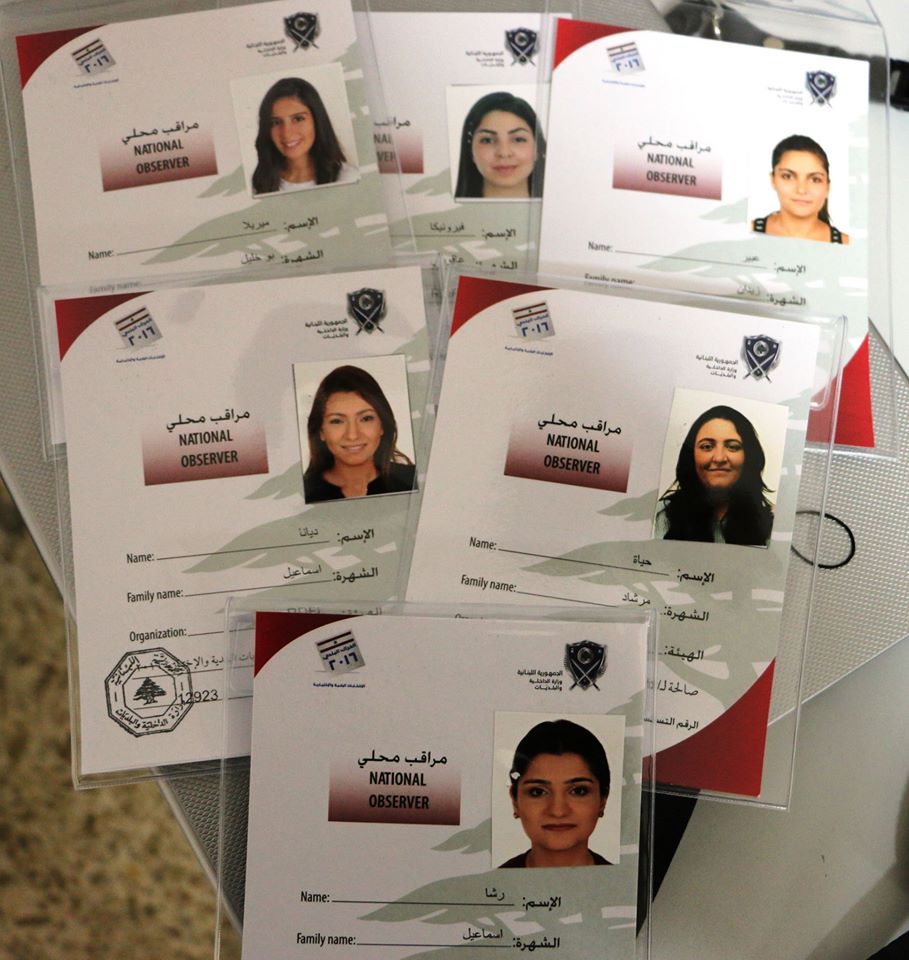Election observation is a valuable tool for improving the quality of elections in any country and can help promote and protect the civil and political rights of citizens. Observers help build public confidence in the honesty of electoral processes. Also, an election is not in compliance with international obligations and standards unless it includes the opportunity for full and equal participation by women as well as men; and since gender issues are associated with all aspects of an election, they should be an integral part of the observation methodology.
Fe-Male, along with other Lebanese women’s rights NGOs and with the support of Lebanese Association for Democratic elections (LADE), managed, and for the first time in Lebanon, a process of observing and monitoring the Lebanese municipal elections from gender perspective. Fe-Male’s volunteers were present starting from the 8th of May 2016 and until the end of the elections in all Lebanese districts, to observe and evaluate how various aspects of elections affect women and men in different ways. The monitoring operation was composed of three phases: pre-election period when the campaigns start, the elections day and post-election period. The basic aspects of Lebanese municipal elections that Fe-Male young volunteers observed and assessed included the following the number of women working as officials in the elections, the number of men and women who have voted and ran elections, family voting, the legal framework, the electoral system, the effectiveness and enforcement of any formal or informal quotas or other temporary special measures, etc…
Fe-Male’s work on this gender observing and monitoring process is based on our belief that collecting statistical data can be particularly helpful in analyzing women’s participation and assessing whether trends are moving in a positive direction, and aims to suggest future practical steps to reform electoral laws and render electoral processes more democratic, transparent and gender-sensitive.



